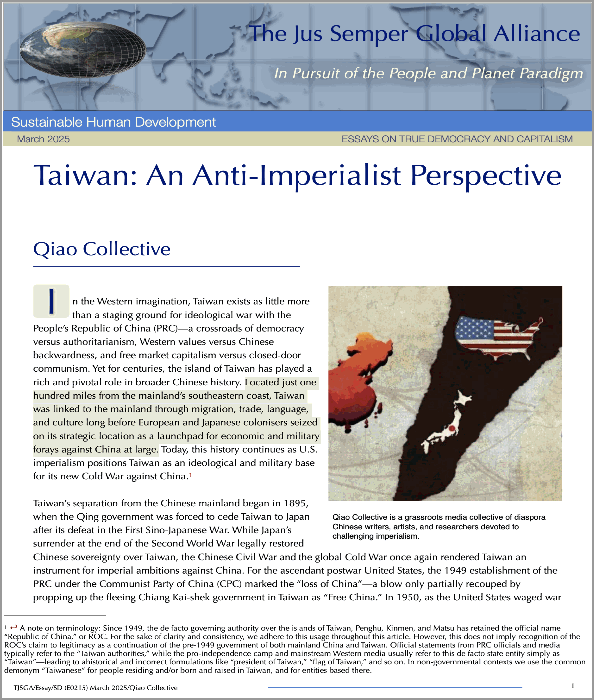The Post-Growth Challenge:
Secular Stagnation, Inequality and the Limits to Growth Tim Jackson
Critics have long questioned the feasibility (and desirability) of exponential growth on a finite planet. More recently, mainstream economists have begun to suggest some ‘secular’ limits to growth. Sluggish recovery in the wake of the financial crisis has revived discussion of a ‘secular stagnation’ in advanced economies, in particular. Declining growth rates have in their turn been identified as instrumental in increased inequality and the rise of political populism.
This paper explores these emerging arguments paying a particular attention to the dynamics of secular stagnation. It explores the underlying phenomenon of declining labour productivity growth and unpacks the close relationships between productivity growth, the wage rate and social inequality. It also points to the historical congruence (and potential causal links) between declining productivity growth and resource bottlenecks. Contrary to some mainstream views, this paper finds no inevitability in the rising inequality that has haunted advanced economies in recent decades, suggesting instead that it lies in the pursuit of growth at all costs, even in the face of challenging fundamentals. This strategy has hindered technological innovation, reinforced inequality and exacerbated financial instability. At the very least, this paper argues, it is now time for policy to consider seriously the possibility that low growth rates might be ‘the new normal’ and to address carefully the ‘post-growth challenge’ this poses. For a full read of this brief, click here or on the picture to download the pdf file. |







